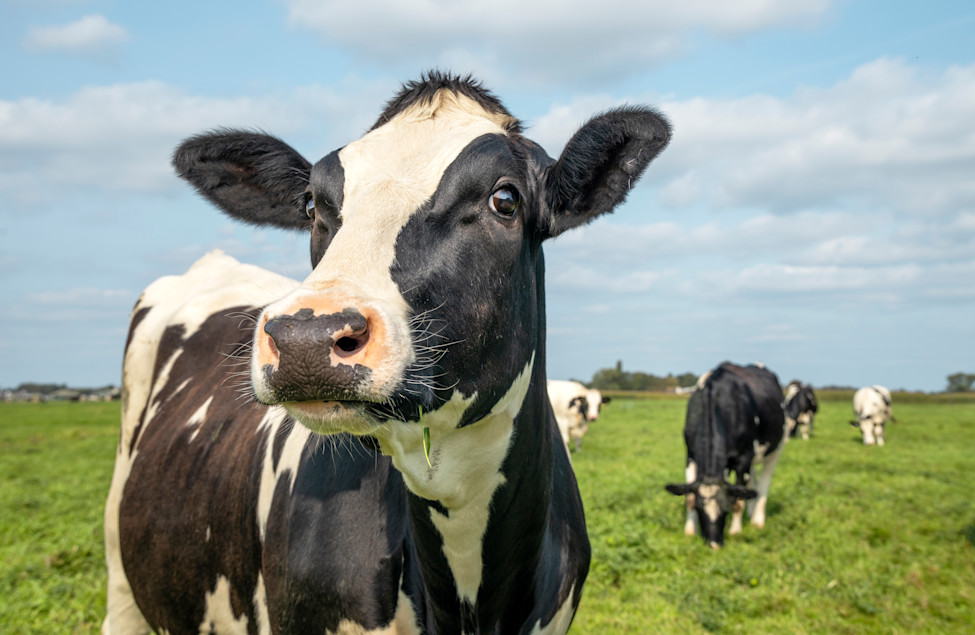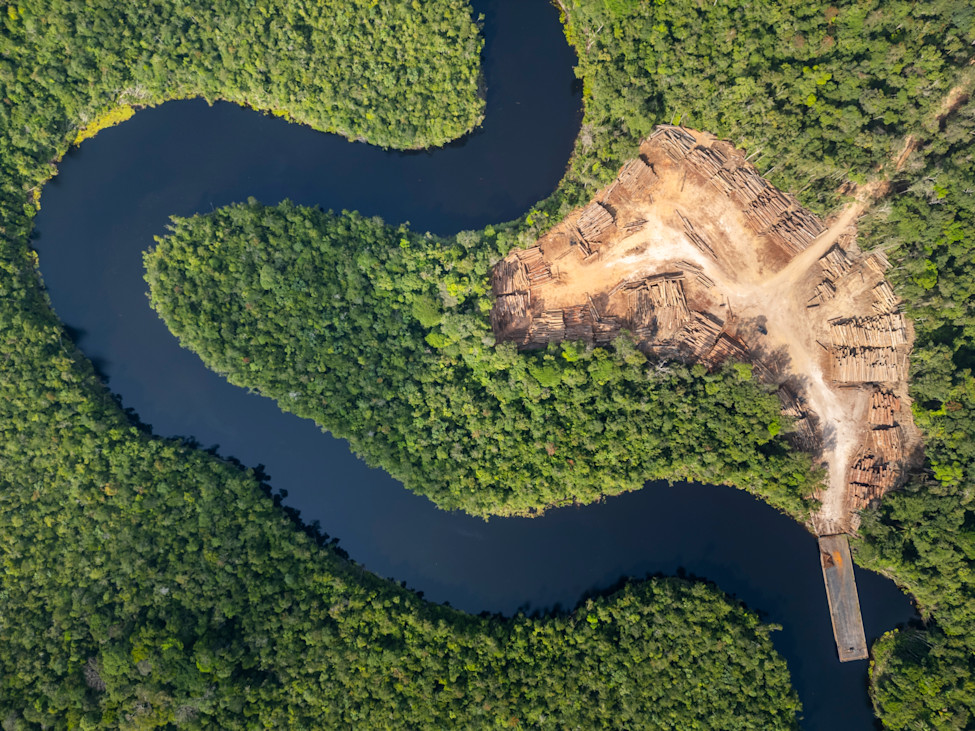Engagement Overview
Background
The dairy sector is a major contributor to climate change, driven by livestock emissions, feed production, and resource-intensive supply chains. Animal agriculture is responsible for up to 19.6% of global greenhouse gas (GHG) emissions, with dairy responsible for roughly 4% of those, generated primarily through enteric fermentation and manure management. Dairy production also places significant demands on land, water and feed, creating broader ecosystem pressures, and as the world’s third-largest milk producer, China’s dairy sector emissions impact domestic and global GHG levels. With a herd of over 12 million cows and rapidly growing domestic consumption supported by resource-intensive practices, Chinese dairy companies are deeply exposed to mounting climate- and nature-related risks.
In its Nationally Determined Contribution (NDC), updated in September 2025, China committed to achieving a net GHG emissions reduction of 7%-10% below peak levels by 2035, with the reduction estimated to exceed 1 billion tCO₂e. The renewed pledge covers all emissions, compared to China’s previous targets, which primarily focused on CO₂. The country’s 2023 Methane Emissions Control Action Plan also signals its intent to strengthen methane governance. For large-scale dairy companies, this includes reusing or recovering over 80% of manure by 2025 and over 85% by 2035, through improved waste treatment, biogas recovery and stricter compliance measures. Other policy and market drivers are also strengthening. China has set a 2030 peak carbon target and aims to reach neutrality by 2060, and international cooperation, such as China-EU collaboration on methane reduction, further supports action.
In response, some Chinese dairy companies are starting to implement sustainable soy sourcing and methane mitigation measures. This engagement aims to support and accelerate this transition by encouraging companies to:
Reduce Deforestation: Mitigate deforestation risks through sustainable soy sourcing, alternative feed innovation, and improved supply chain traceability and accountability;
Lower GHG Emissions: Identify and pursue reduction opportunities in the dairy sector, particularly methane reduction;
Align with Policy: Explore policy-aligned opportunities that turn compliance into strategic and financial value.

Selected Companies
This engagement focuses on three of China’s largest listing dairy producers (China Feihe, Mengniu Dairy and Yili) and one major retailer (Yum China), due to their market share and significant influence over domestic and international supply chains. Investor members can log into FAIRR’s website to access exclusive, company-level analyses.
Material Risks
The Chinese dairy sector faces two financially material risks: GHG emissions, especially methane, and soy-linked deforestation related to animal feed.
GHG emissions from China’s dairy sector grew by 105% between 2002 and 2020, from 24.52 Tg CO₂eq to 50.27 Tg CO₂-eq, with production expansion outpacing the advancements made in emissions-mitigating technologies. Methane is over 80 times more potent than CO₂ in warming the atmosphere, accelerating global warming, contributing to extreme weather events, ecosystem degradation, and public health risks.
As global pressure mounts to curb agricultural methane, companies with high GHG footprints face environmental scrutiny and rising regulatory, market and transition risks. Inaction may lead to reduced market opportunities, higher compliance costs and reputational damage under tightening carbon disclosure and climate accountability frameworks.
Simultaneously, China is the world’s largest importer of Brazilian soy, linking the dairy sector to deforestation in the Amazon and Cerrado. Deforestation drives biodiversity loss and heightens physical climate risks such as floods and wildfires, exposing investors and companies to operational, regulatory and reputational risks.
Dairy companies that can strengthen their verification systems and better respond to market demand for sustainability to reduce their risk exposure and promote more sustainable practices across their supply chains.
